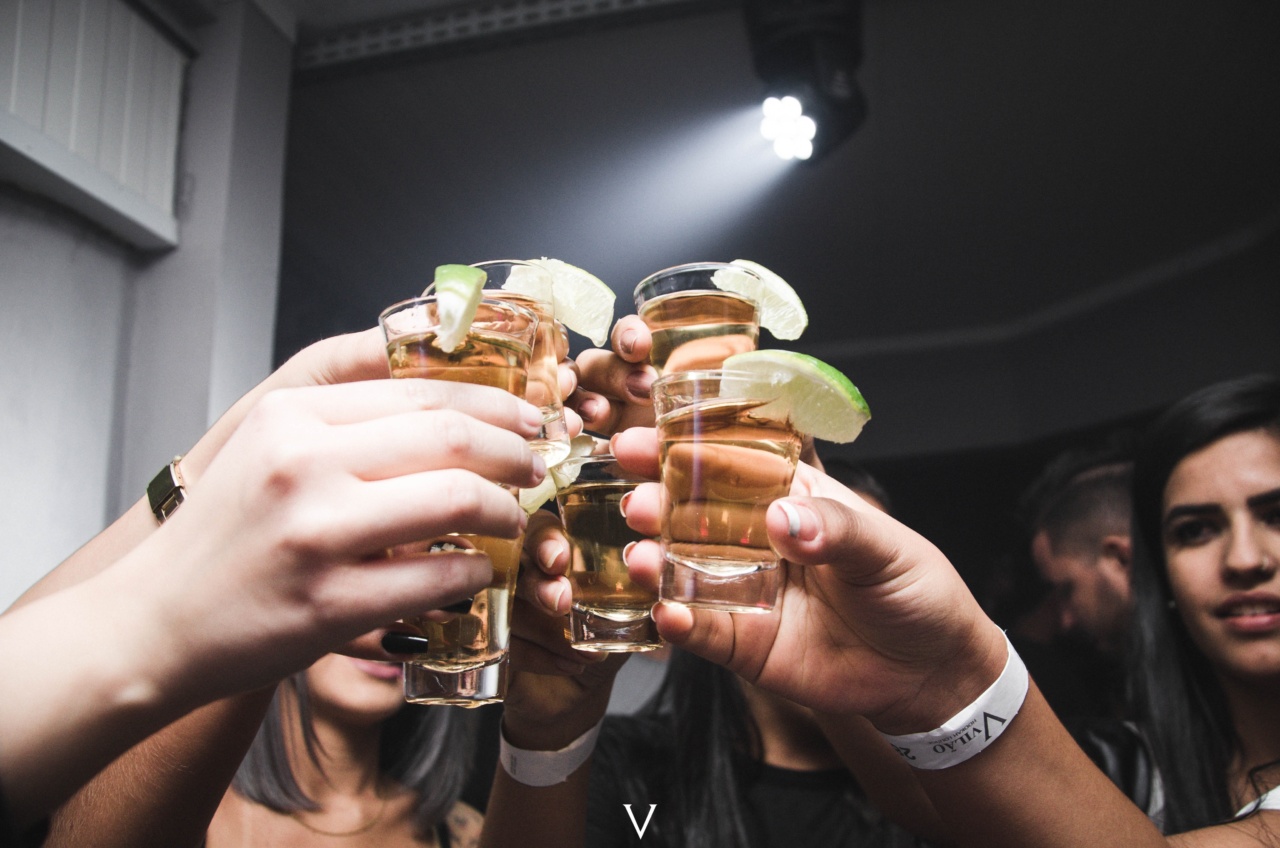Strategies to Avoid Weight Gain While Drinking Alcohol
Many people enjoy consuming alcohol in social settings or as a way to relax. However, excessive alcohol consumption can lead to weight gain and other health issues. It can be challenging to maintain a healthy weight while indulging in alcoholic beverages.
In this article, we will discuss some effective strategies to help you avoid weight gain while still enjoying a few drinks.
1. Choose Low-Calorie Drinks
One of the simplest ways to reduce calorie intake while drinking alcohol is to opt for low-calorie beverage choices. Go for light beer, or choose spirits like vodka, rum, or tequila, which have fewer calories compared to sweet liqueurs or cocktails.
Mix these spirits with soda water or diet soda instead of sugary mixers to further reduce calorie content.
2. Mindful Drinking
Engaging in mindful drinking can help you avoid overconsumption and control your calorie intake. Be aware of serving sizes and try to limit your alcohol consumption to moderate levels.
Sip your drink slowly and savor its taste, rather than mindlessly gulping it down.
3. Alternate with Non-Alcoholic Beverages
Alternating between alcoholic and non-alcoholic beverages can help reduce overall calorie consumption. For every alcoholic beverage you consume, have a glass of water or a non-alcoholic drink in between.
This will not only keep you hydrated but also decrease your caloric intake and minimize the effects of alcohol on your body.
4. Be Mindful of Mixers
Mixers like soda, tonic water, or fruit juices can significantly increase the calorie content of your drink. Opt for low-calorie mixers or even better, choose sparkling water or infused water for a flavorful twist without the additional calories.
5. Stay Hydrated
Alcohol can dehydrate your body, leading to increased feelings of hunger and potential weight gain. Stay hydrated by drinking plenty of water before, during, and after consuming alcohol.
This will help you feel fuller, curb excessive snacking, and prevent dehydration-related weight gain.
6. Plan Ahead and Track Your Intake
Planning your alcohol consumption in advance and keeping track of your intake can help you make better choices. Set limits for the number of drinks you will allow yourself at an event or gathering.
Additionally, by tracking your alcohol intake, you can become more aware of your drinking patterns and make adjustments if necessary.
7. Eat a Balanced Meal Before Drinking
Having a nutritious, well-balanced meal before drinking can help slow down the absorption of alcohol into your bloodstream.
Include lean proteins, healthy fats, and fiber-rich foods in your meal, as these will keep you feeling fuller for longer and prevent excessive snacking or overeating while drinking.
8. Be Mindful of Late-Night Snacking
After a night of drinking, it’s common to crave unhealthy, high-calorie snacks. Avoid the temptation by keeping nutritious, low-calorie snacks readily available.
Opt for options like fresh fruits, vegetables with hummus, or air-popped popcorn to satisfy your cravings without derailing your weight management goals.
9. Engage in Physical Activity
Regular exercise is crucial for maintaining a healthy weight. Engaging in physical activity not only burns calories but also helps counteract the negative effects of alcohol on your metabolism.
Prioritize regular workouts or incorporate more movement into your daily routine to offset the calorie intake from alcohol.
10. Seek Support and Accountability
Changing habits and making healthier choices can be easier when you have support and accountability.
Share your goals with a friend or family member, or consider joining a support group or online community focused on maintaining a healthy lifestyle while still enjoying the occasional drink. Having people who understand your challenges can provide motivation and encouragement along the way.






























